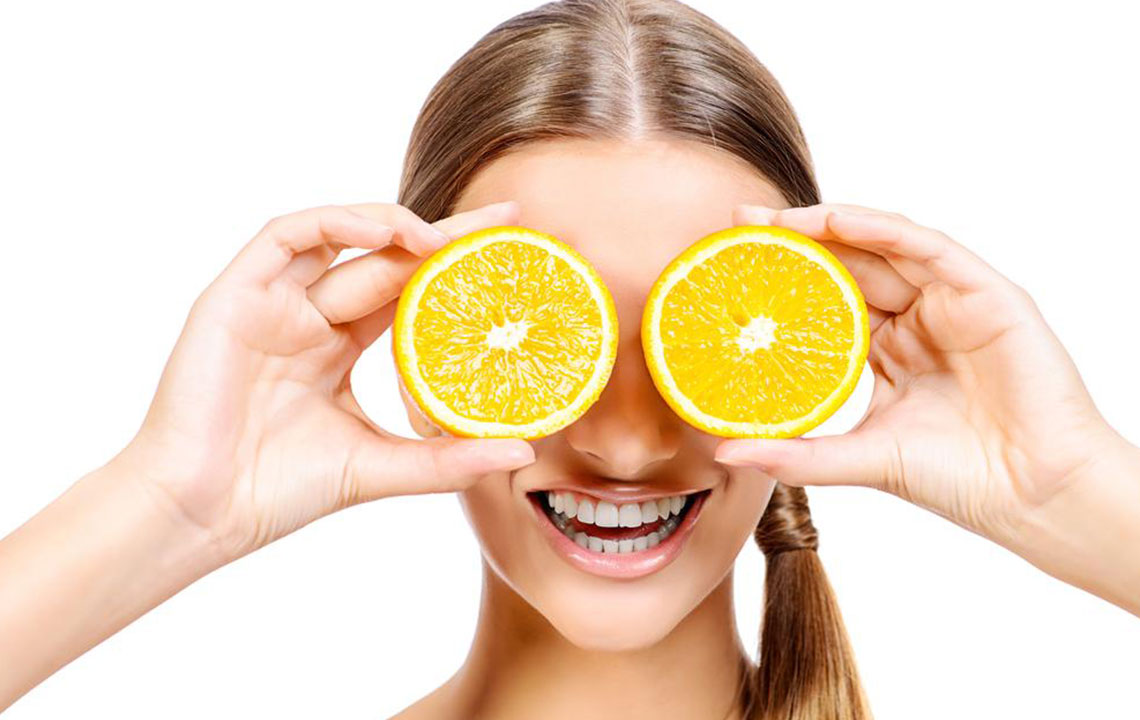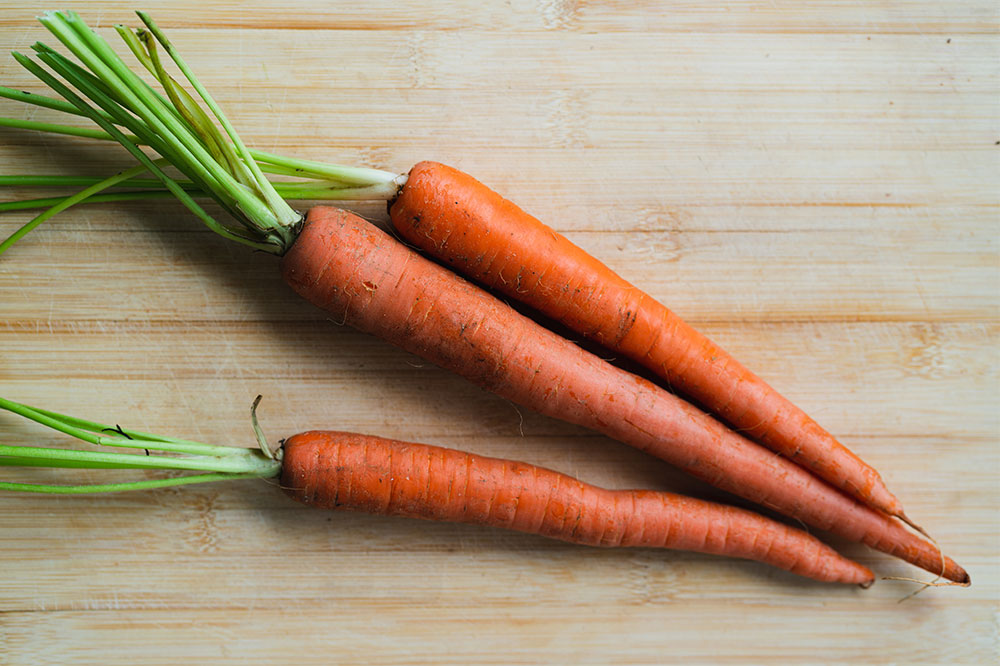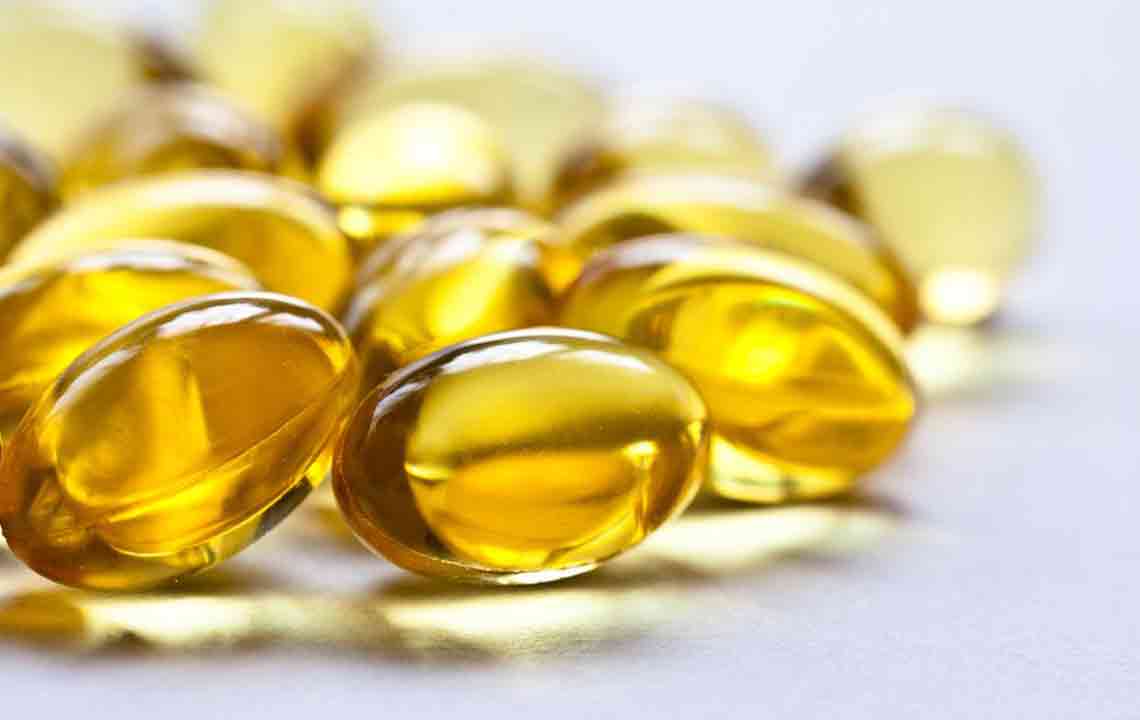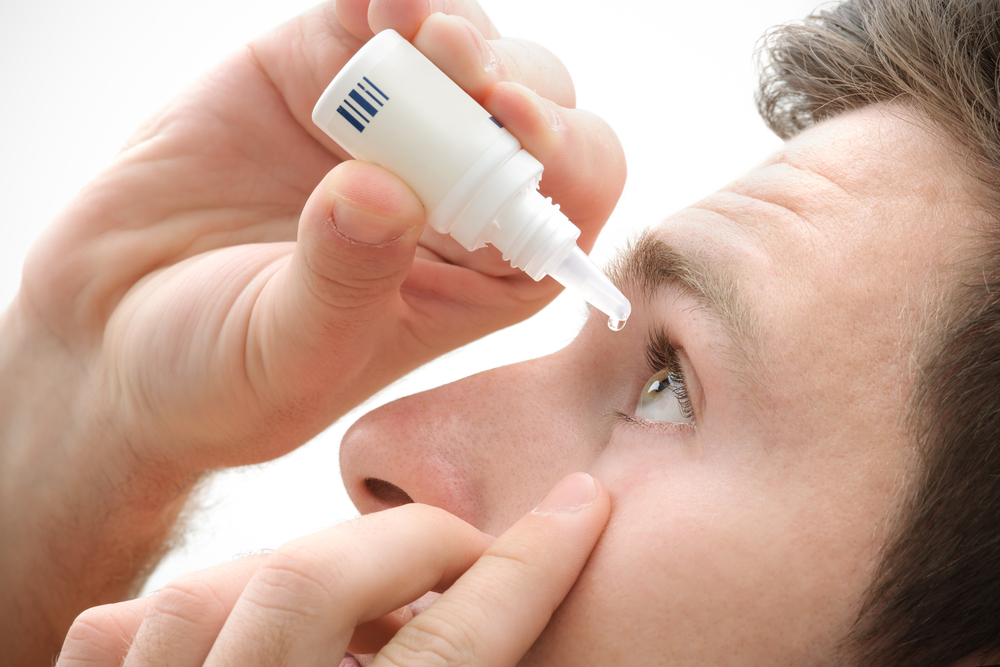Comprehensive Guide to Essential Vitamins for Maintaining and Enhancing Eye Health
Learn about the essential vitamins and nutrients crucial for maintaining healthy vision and preventing age-related eye diseases. Discover key food sources and how to incorporate these nutrients into your diet to support eye health at any age, especially after 50. This comprehensive guide highlights vitamins like E, A, C, B-complex, omega-3s, and other compounds vital for protecting your eyesight, reducing inflammation, and promoting overall eye vitality.
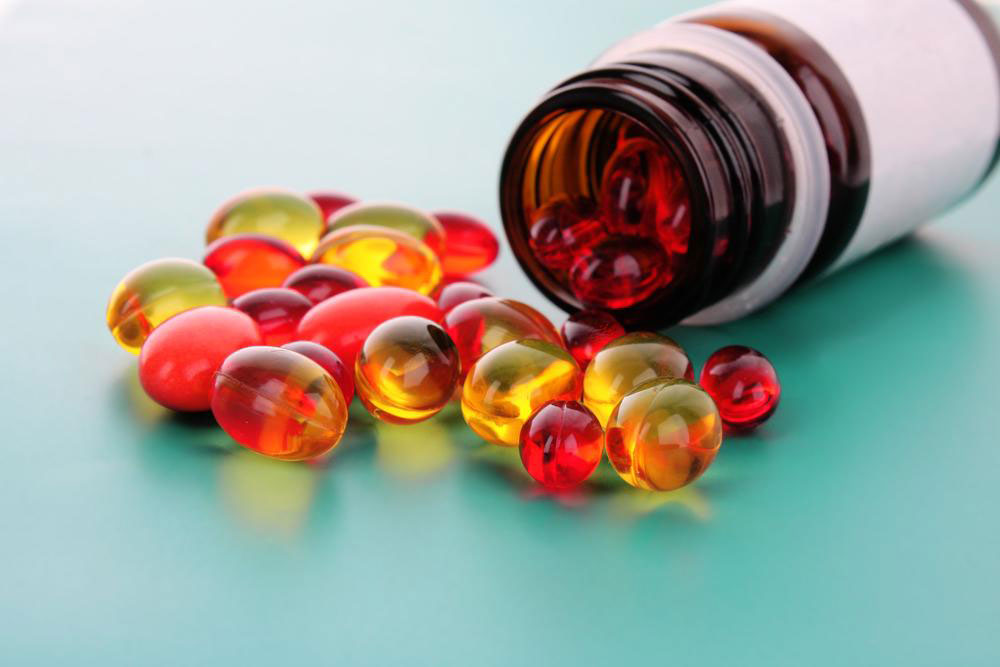
Vital Vitamins and Nutrients for Eye Preservation and Vision Clarity
Our vision is one of our most valuable senses, enabling us to experience the world vividly and clearly. As we age, especially beyond the age of 50, the risk of developing various eye conditions increases significantly. Diseases such as diabetic retinopathy, glaucoma, cataracts, and age-related macular degeneration (AMD) become increasingly prevalent, often impacting quality of life and independence. Thankfully, understanding the critical role of targeted nutrition can help mitigate these risks. Incorporating specific vitamins and nutrients into your daily diet can support eye health, protect against degenerative diseases, and promote optimal vision at any age.
Maintaining good nutrition plays a pivotal role in preserving eye function. Several vitamins are especially known for their ability to support eye health, safeguard cellular structures, and reduce inflammation and oxidative stress. This comprehensive guide explores the essential vitamins and nutrients that have been scientifically linked to healthy eyes, providing detailed insights into their functions, sources, and benefits.
Vitamin E: The Powerful Antioxidant Defender
Vitamin E is renowned for its antioxidant properties, meaning it helps neutralize free radicals—unstable molecules that can cause cellular damage within the eye tissues. Oxidative stress has been associated with the development of cataracts and age-related macular degeneration. Therefore, ensuring adequate vitamin E levels can serve as a protective measure. Rich sources of vitamin E include healthy fats such as avocados, nuts (almonds, hazelnuts), seeds (sunflower seeds), cooking oils (wheat germ oil, sunflower oil), and fatty fish like salmon. Regular intake of these foods may contribute to reduced risk of cataracts and support overall eye vitality.
Vitamin A: The Foundation of Night Vision and Eye Structure
Vitamin A plays an indispensable role in visual health. It is a precursor of rhodopsin, a pigment critical for low-light and night vision. A deficiency in vitamin A can lead to night blindness, dry eyes, and, in severe cases, corneal damage, which can result in blindness. To maintain optimal vitamin A levels, include nutrient-dense foods such as pumpkins, sweet potatoes, carrots, red and yellow bell peppers, spinach, and kale. These foods are rich in beta-carotene, which the body converts into vitamin A. Adequate vitamin A intake not only enhances night vision but also fortifies the eye's surface against infections and injuries.
B Vitamins (B12, B9, B6): The Support System for Eye Nerve and Vascular Health
The B vitamins, particularly B12, B9 (folic acid), and B6, work synergistically to reduce homocysteine levels in the blood—a compound associated with increased inflammation and risk of AMD. Maintaining balanced B vitamin levels supports vascular health, nerve function, and reduces oxidative stress within the eye tissues. Dietary sources include lean meats, eggs, dairy products, legumes, leafy greens, whole grains, and fortified cereals. Ensuring sufficient B vitamin intake may serve as a protective strategy against age-related deterioration of the optic nerve and retinal health.
Vitamin C: The Collagen Builder and Eye Protectant
Vitamin C, a potent antioxidant, is essential for the synthesis of collagen—the primary structural protein in the eye's cornea and sclera. Collagen integrity is vital for maintaining the eye's shape and transparency. Epidemiological studies suggest that high vitamin C intake correlates with a reduced risk of cataracts. Fruits such as oranges, strawberries, kiwis, and pineapples, along with vegetables like broccoli, bell peppers, and kale, are excellent sources of vitamin C. Regular consumption of vitamin C-rich foods can enhance the eye's structural resilience and potentially delay or prevent cataract formation.
Niacin (Vitamin B3): Supporting Nerve and Vascular Health
Niacin contributes to converting food into energy and supports blood circulation and nerve function within the eye. Emerging research indicates that adequate niacin levels may play a role in preventing glaucoma by sustaining the health of the optic nerve. Foods rich in niacin include mushrooms, lean meats (beef, poultry), fish, peanuts, legumes, and whole-grain products. By supporting circulatory health and cellular energy production, niacin helps maintain the integrity of the optic nerve and overall visual function.
Omega-3 Fatty Acids: Critical for Retina and Tear Production
Omega-3 fatty acids, especially EPA and DHA, are essential for maintaining the health of retinal cells. Their anti-inflammatory properties have been studied extensively for their role in preventing diabetic retinopathy and alleviating dry eye syndrome. Consuming fatty fish such as salmon, mackerel, sardines, and anchovies, along with flaxseeds, chia seeds, walnuts, and soy products, ensures an adequate omega-3 supply. Incorporating these into your diet may improve tear production, reduce inflammation in the eye, and support the overall health of retinal tissues.
Riboflavin (Vitamin B2): A Natural antioxidant for Eye Protection
Riboflavin is involved in energy production and exhibits antioxidant properties that help combat oxidative stress. Evidence suggests riboflavin may reduce the risk of cataract development by neutralizing free radicals that damage lens proteins. Food sources include dairy products like yogurt and milk, eggs, oats, fortified cereals, and lean meats. While ongoing research continues to clarify its benefits, including riboflavin-rich foods in your diet can contribute positively to eye health.
Additional Eye-Healthy Nutrients: Zeaxanthin, Lutein, and Thiamine
Other valuable compounds such as zeaxanthin and lutein—carotenoids found in leafy greens—accumulate in the retina and act as natural sunglasses, filtering harmful blue light and reducing oxidative stress. Thiamine (vitamin B1) also supports nerve conduction within the eye. Incorporating foods rich in these nutrients can further bolster your eye's defenses against age-related degenerative diseases.
Before considering supplements, consulting a healthcare professional or eye specialist is recommended to personalize your nutrition plan. A balanced diet rich in these vital vitamins and nutrients provides a proactive approach to preserving vision and maintaining healthy eyes well into old age.

